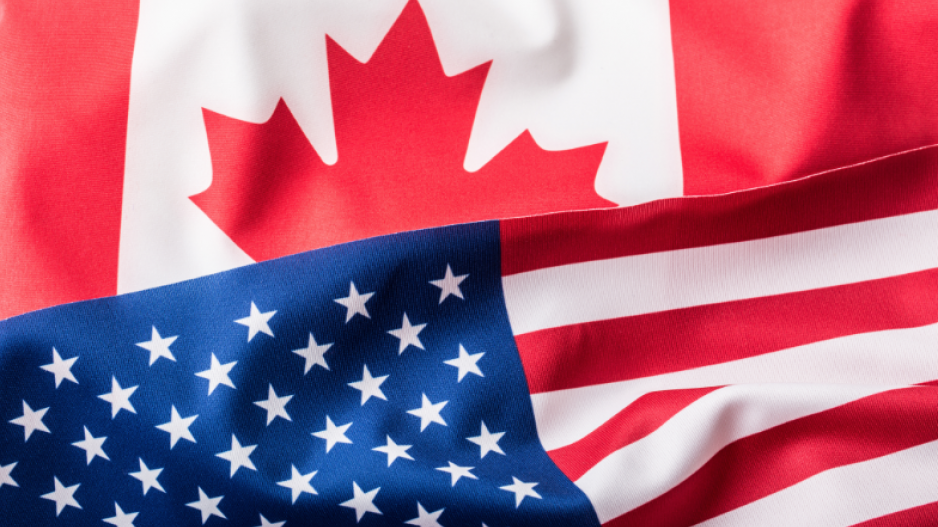It’s no secret that Vancouver’s economy is hot. Economic growth in the finance, insurance, real estate, construction and tech sectors all make for a city that is vibrant with business growth.
But growth has its limits in this city and in this country. Businesses on the fast track to expand organically look to markets elsewhere, and moving cross-border is one first logical step.
“The U.S. marketplace is just so much bigger,” says Dan Roberts, a chartered professional accountant with Wolrige Mahon LLP. “I’ve definitely seen a big increase in the types of businesses that are looking for extra ways of making money there.”
Roberts has made a career helping Canadian and American businesses with cross-border tax planning and tax compliance. He’s passionate about this work because of the innovative projects he helps. “I get to work with a lot of clients that have interesting business ideas. I help them take those from the idea stage to implementation and then turning them into actual businesses, which is very exciting.”
Given the political climate in the U.S., Roberts currently advises clients to be a bit more cautious about entering the U.S. marketplace, but he says there’s never really a bad time to expand there. What businesses do need to do is make sure they’ve considered all of the tax, legal and logistical requirements of doing business in another country.
A common mistake he sees is with income and sales tax. The following is a scenario he says is quite common among businesses that expand south: “They identify maybe a state or an area in the U.S. that is a good market for what they’re doing. They get their lawyers involved to draft sales contracts and they deal with trademark issues. Then their business expands really quickly and they let the tax issues fall by the wayside, thinking that they’ll deal with that later. But each state is different in terms of having its own rules for determining when a foreign company based in Canada is subject to income tax or sales tax. So essentially, if they haven’t dealt with it properly ahead of time, that will come back to bite them.”
Companies looking to expand south of the border need to pay special attention to the following areas:
Entity structure
What legal form should businesses select for expansion into the U.S.? Businesses could operate through a U.S. branch of their Canadian operations or they could incorporate a U.S. subsidiary. The choice of legal form will depend on the nature of the U.S. business and the extent to which a physical presence is required in the U.S.
Tax considerations
The U.S. tax system is complex. Income taxes can be imposed at both federal (Internal Revenue Service, or IRS) and individual state levels. There is no GST/HST in the U.S. with sales tax being determined and collected on a state-by-state basis. A Canadian business expanding into the U.S. may need to register with the IRS and with, potentially, multiple state tax authorities for both income and sales taxes.
Legal aspects
The U.S. is a more litigious marketplace, so businesses expanding there need to seek Canadian and U.S. legal counsel to cover things like trademarks, copyrights, contracts and insurance.
Customs issues
If your business will involve importing goods into the U.S., you will need to work with a licensed customs broker to ensure you comply with all your customs obligations. You should also be aware of any U.S. regulations that may apply to your products or services (e.g., packaging and labelling requirements).
Visa considerations
If you plan on having workers of your Canadian business visit the U.S. to assist with the U.S. expansion, you will need to ensure that the appropriate work visas are obtained prior to travelling to the U.S.
Foreign exchange risks
If selling goods is part of the business, the fluctuating exchange rate will need to be accommodated for.
Before embarking on expansion, businesses should seek the right accounting and legal team to help answer and address any of the above questions. Going through this checklist in advance will save money and future headaches.




